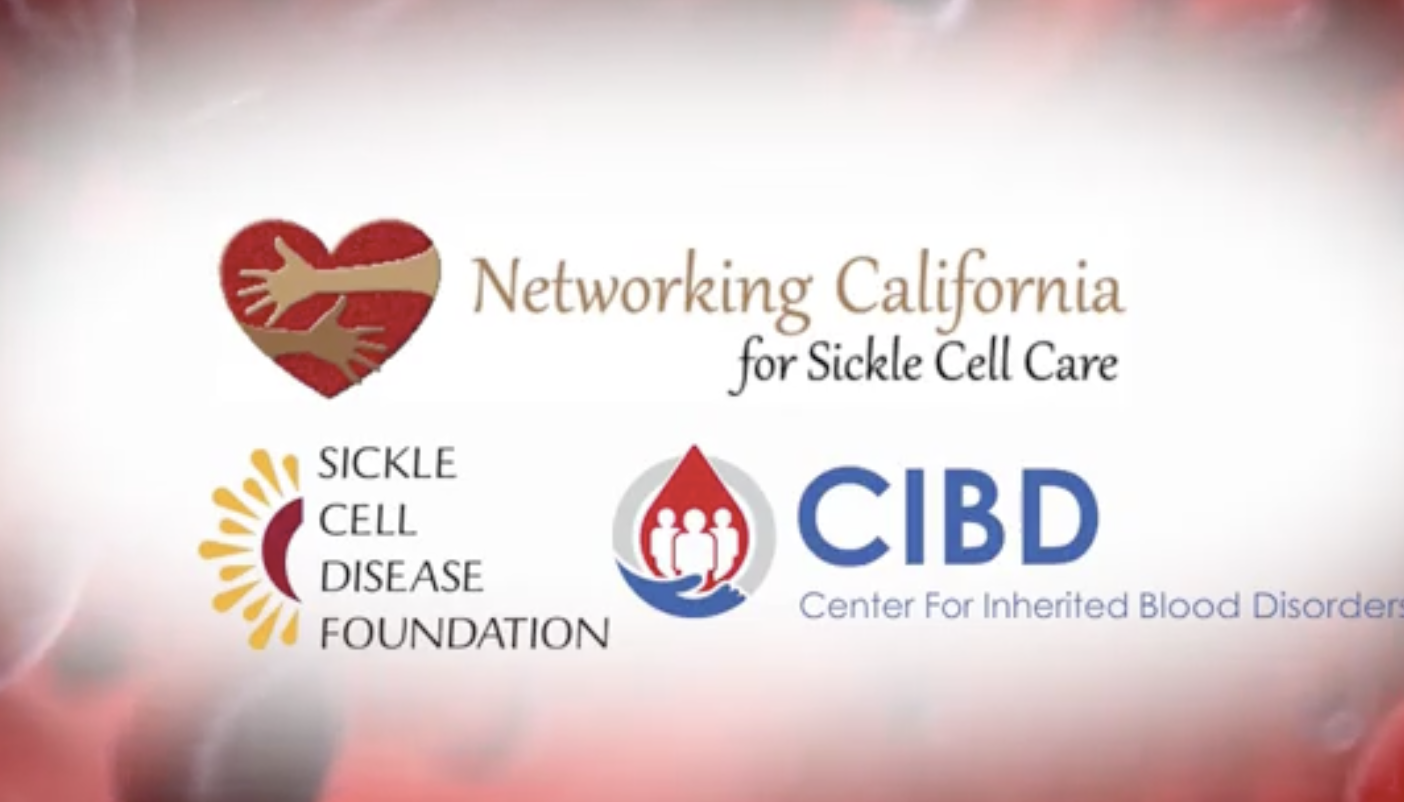(SACRAMENTO, CA) – On behalf of Networking California for Sickle Cell Care, Mary Brown, President and CEO of the Sickle Cell Disease Foundation, and Diane Nugent, MD, President and Founder of the Center for Inherited Blood Disorders, issued the following statement recognizing Sickle Cell Disease Awareness Month.
“In recognizing Sickle Cell Disease Awareness Month, it’s important to note the impressive progress we’ve made in addressing decades of neglect while understanding the significant work still needing to be done to ensure California adults with Sickle Cell Disease are neglected no more,” said Mary Brown, President and CEO of the Sickle Cell Disease Foundation.
“Although California was once sorely lacking in adequate, equitable, Sickle Cell Disease care, the Golden State is now being recognized as a leader, due in large part to Networking California for Sickle Cell Care (NCSCC). Since its inception in 2019, the NCSCC has been lauded by other states and academic journals as a model of care for treating California adults with the inherited blood disorder. In fact, just this month, federal legislation called the Sickle Cell Disease Treatment Centers Act was introduced mirroring the NCSCC’s model of care,” concluded Brown.
“In partnering with academia, community-based organizations, and provider groups, we’ve opened 12 specialized clinics throughout the state, conducted bias trainings for physicians and other health care providers, initiated pilot projects to expand the health care workforce of those knowledgeable about Sickle Cell Disease, and expanded surveillance to better characterize the disease and socio-economic challenges that keep patients from accessing care. And most notably, patients have been given a voice and are able to participate in the NCSCC’s care delivery by being active participants in the network. Our patients are at the center of everything we do,” said Dr. Diane Nugent, President and Founder of the Center for Inherited Blood Disorders.
“Before NCSCC began, California spent more than $162 million in Sickle Cell related emergency room visits and hospitalizations. Following its implementation, early CDC data shows that NCSCC should save the state $80-$100 million per year. As the Network continues to scale up and we collect more data confirming the significant cost savings clinics are achieving, we aim to move to a sustainable model – we cannot go back to the previous system of care that grossly undertreated and neglected tens of thousands of individuals with the inherited blood disorder. The long-term success of the NCSCC will not only bring health equity to Californians living with Sickle Cell Disease, but also help move the needle on health equity as a whole,” concluded Nugent.
About Networking California for Sickle Cell Care
Networking California for Sickle Cell Care (NCSCC) is the state’s first and only network of specialized adult Sickle Cell Disease clinics. The Network was developed through advocacy and stakeholder engagement supported by data. Learn more by visiting www.sicklecellcare-ca.com.
About the Sickle Cell Disease Foundation
The Sickle Cell Disease Foundation (SCDF) was incorporated in 1957 and is the first and oldest Sickle Cell Disease community-based organization of its kind in the nation. As the only organization in California approved to provide Hemoglobin-Trait Counseling Services and direct the Sickle Cell Educator/Counselor Certification Training Course, SCDF provides life-enhancing education, services and programs for individuals living with Sickle Cell Disease. SCDF broadens public awareness, delivers effective advocacy initiatives, and promotes innovative therapies to ultimately find a cure. Learn more by visiting www.scdfc.org.
About the Center for Inherited Blood Disorders
The Center for Inherited Blood Disorders (CIBD) has cared for hundreds of children and adults in Southern California, offering a safety net clinic that provides health care services specifically to patients with inherited blood disorders. CIBD has been able to increase access to care for those who are economically challenged by providing medical care regardless of ability to pay. CIBD is also a national leader in directing federal initiatives to promote regional blood disorder networks that provide team-based clinical care and uniformly track health outcomes. Learn more by visiting www.cibd-ca.org.
